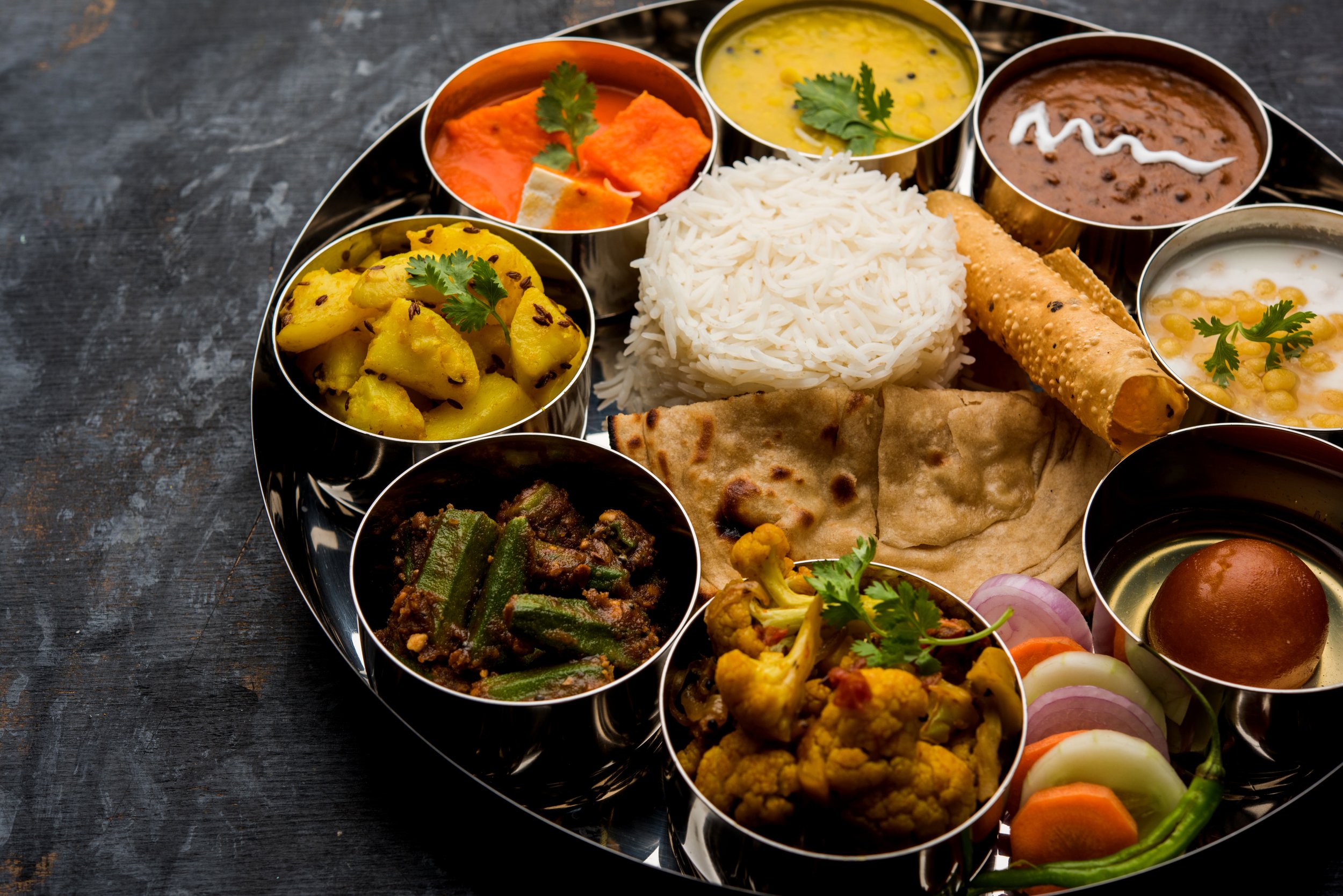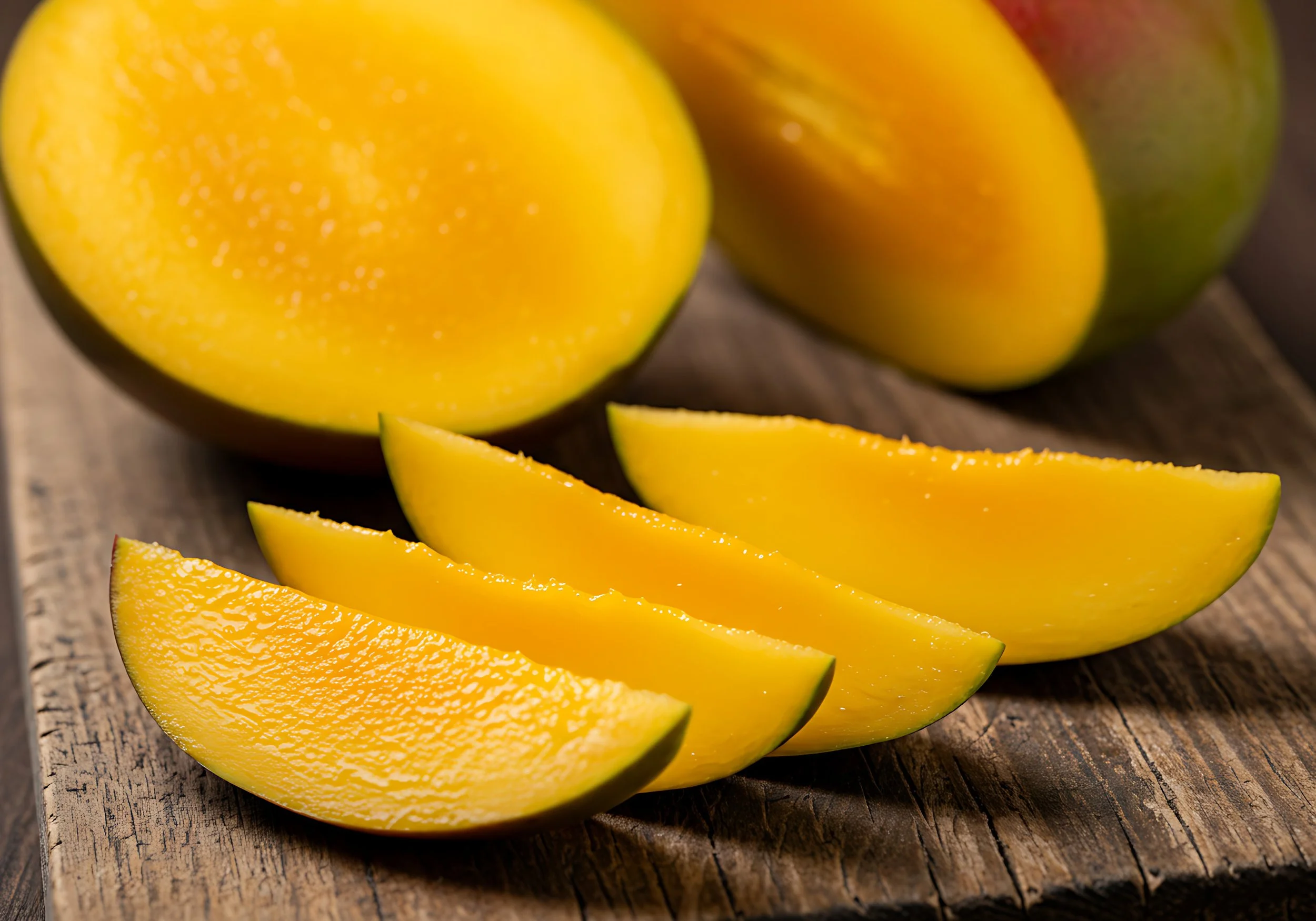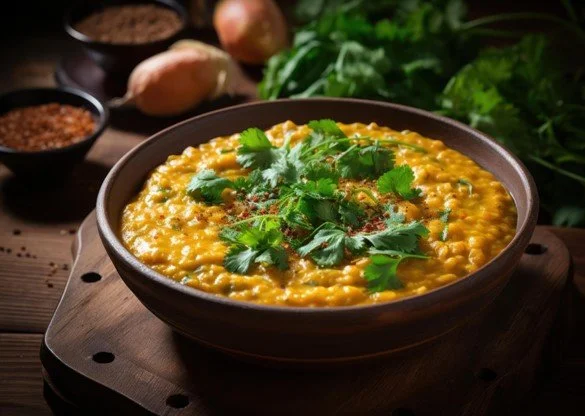
Culturally Rooted Nutrition
Empowering dietitians to build nutrition practices with South Asian insights

Food is Culture
At South Asian GI Nutrition™, our mission is to empower dietitians with knowledge of the South Asian food culture to provide culturally competent, evidence-based nutrition care for South Asian patients with GI and liver disorders. Although created for dietitians, all healthcare providers are welcome to learn as well.
South Asia is home to a diverse and vibrant population across Afghanistan, Pakistan, India, Nepal, Bhutan, Bangladesh, Sri Lanka, and the Maldives. Its food culture features vibrant spices, fragrant herbs, and culinary skills influenced by geography, traditions, and religion.
A region’s food culture includes the beliefs, values, and attitudes that a community accepts and practices with food, which are passed down from parents to children throughout generations. Changes in diet may create conflict within food identity for some, thus creating challenges to adapt to a new ways of eating.
As a Dietitian, are you…
✓ Passionate about providing great care, but unsure how to integrate South Asian culture into GI and liver nutrition care?
✓ Knowledgeable with GI diets like low FODMAP, gluten-free, or Mediterranean — but finding that adapting them to the South Asian cuisine has been difficult?
✓ Capable of accessing general resources, but struggle with finding credible sources that reflect the South Asian food practices?
No need to figure it out on your own
South Asian GI Nutrition offers an educational platform to enhance dietitians' understanding of…
✓ unique food and eating patterns
✓ cultural practices and traditions
✓ health beliefs and challenges
within the South Asian community, enabling them to develop personalized nutrition interventions to effectively treat their diagnoses

-

Mentoring
Having a mentor is helpful to enrich skills and knowledge for cultural competence.
Through case consultations, we will integrate concepts of the GI and/or liver diagnosis, its impact to the GI tract, and the nutrition evaluation to develop empowering solutions that are culturally inclusive to South Asians.
-

Training
Presentations are an effective way to learn about the latest nutrition updates for GI and/or liver disorders.
We will include interventions and strategies that integrate the South Asian food culture into nutrition care.
-

Resources
Handouts tailored to South Asian diets can improve GI and/or liver nutrition care by honoring cultural preferences.
By incorporating cultural foods, culinary methods, and food traditions, we can assist patients to feel more confident in using their cultural diet to treat their diagnosis.
coming later

BRIDGING CULTURE AND HEALTH
We each have our own cultural journey, our own story with diet and health. Our patients are no different. We employ cultural competence to improve cross-cultural communication and enhance health outcomes.
Adapt GI diets to The South Asian Cuisine
✓ In celiac disease, teach your patients how to identify gluten-free South Asian foods, such as pulao (rice) and dal (lentils)
✓ In gastroparesis, show your patients how to implement small particle size South Asian meals to reduce fullness
✓ In IBS-diarrhea, have your patients try South Asian Jain recipes that are garlic and onion free for low FODMAP options
✓ In IBD, guide your patients on how to eat South Asian fibers such as mango and aloo (potato) to reduce inflammation
✓ In MASLD, help your patients adapt a plant-based diet pattern to the South Asian diet to reduce fat in the liver
Integrate regional variations
✓ Have your patients preserve the cultural significance of spices and condiments, such as cumin, turmeric, and chutneys
✓ Guide your vegetarian and vegan patients in optimizing South Asian plant-based protein sources
✓ Aid your patients with lactose intolerance in choosing lactose-free South Asian sweets during celebrations like Diwali
✓ Have your patients safely observe fasting and iftar traditions of Ramadan to reduce symptoms
✓ Help your patients enjoy South Asian weddings and festivals, while managing its food offerings with ease

Neha D. Shah, MPH, RD, CNSC, CHES
Neha is a Registered Dietitian specializing in medical nutrition therapy for gut and liver health since 2006.
Through her private practice, Neha Shah Nutrition LLC, she has observed cultural barriers that limit effective GI and/or liver nutrition care among South Asians, such as…
✓ Limited access to trained dietitians. This has led to self-imposed food restrictions and risk of nutrient deficiencies.
✓ Low adherence to nutrition plans that were not adapted to the South Asian food culture. This has led to a delay in improving symptoms and outcomes.
✓ Removal of South Asian foods from the diet in order to follow a diet of unfamiliar foods. This has led to a change in cultural identity and in quality of life.





